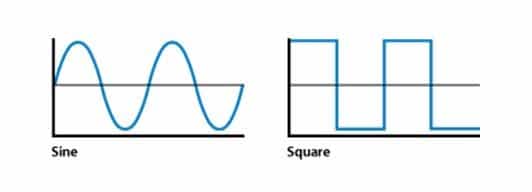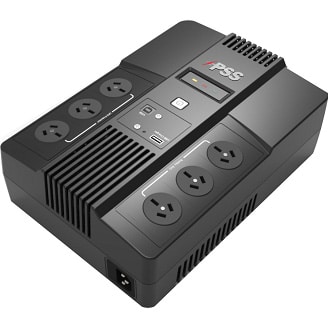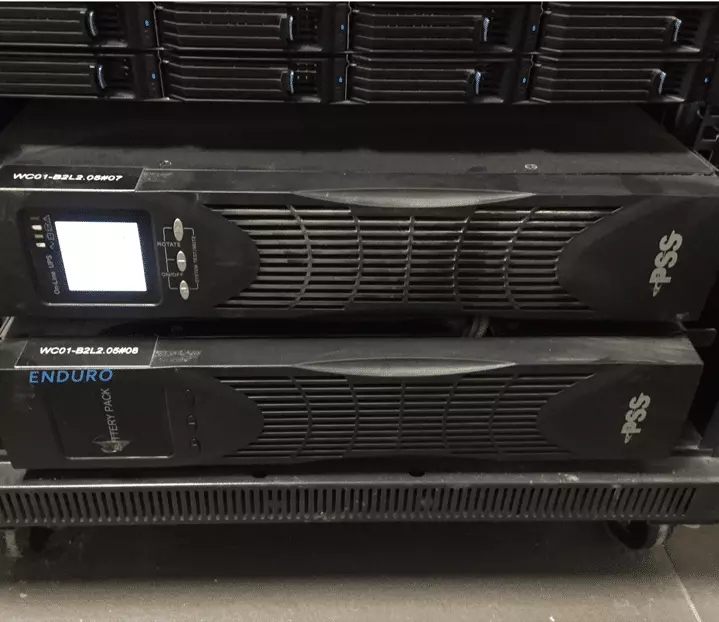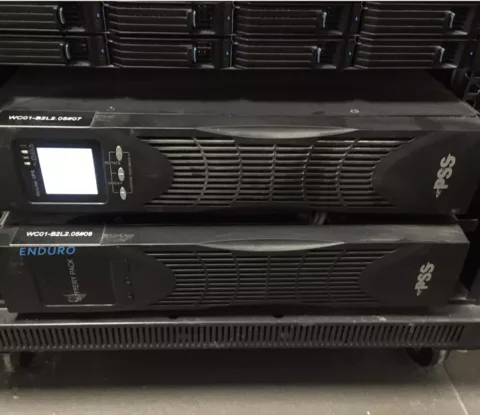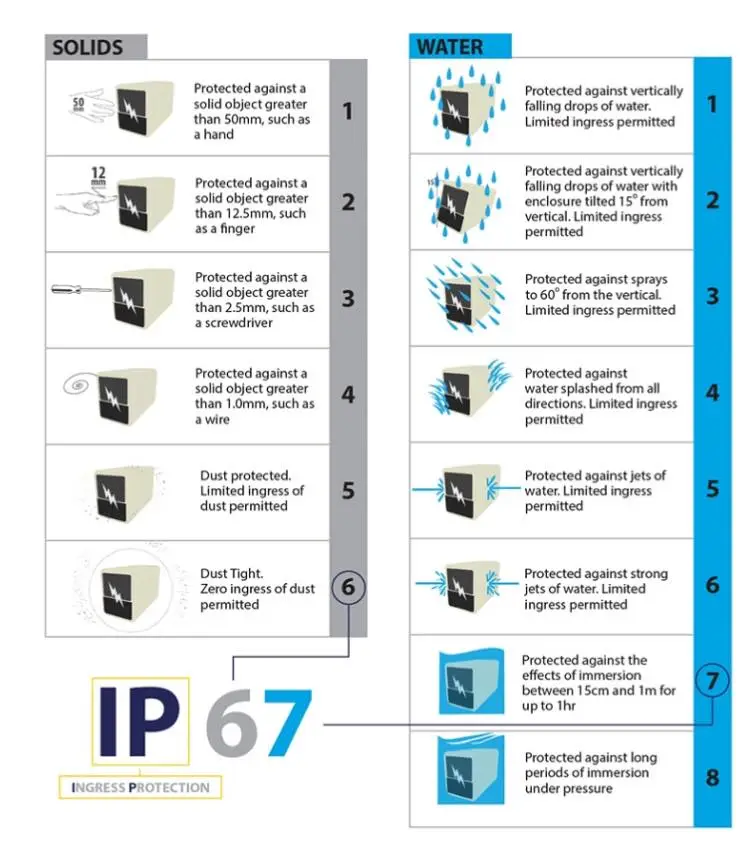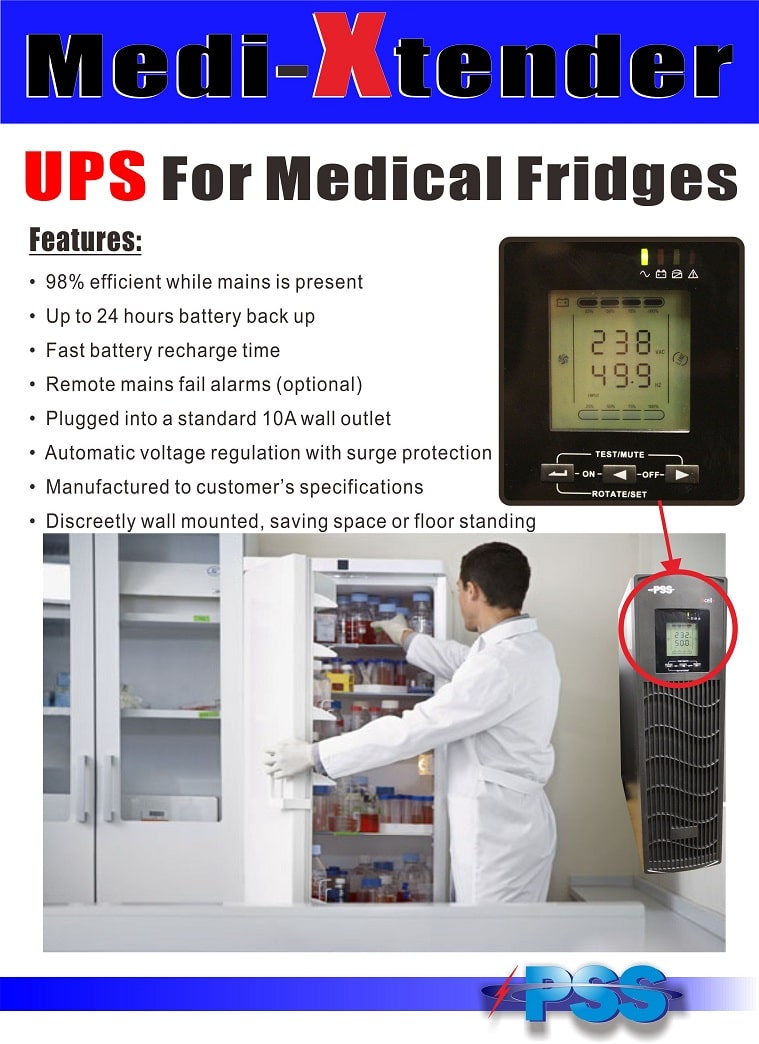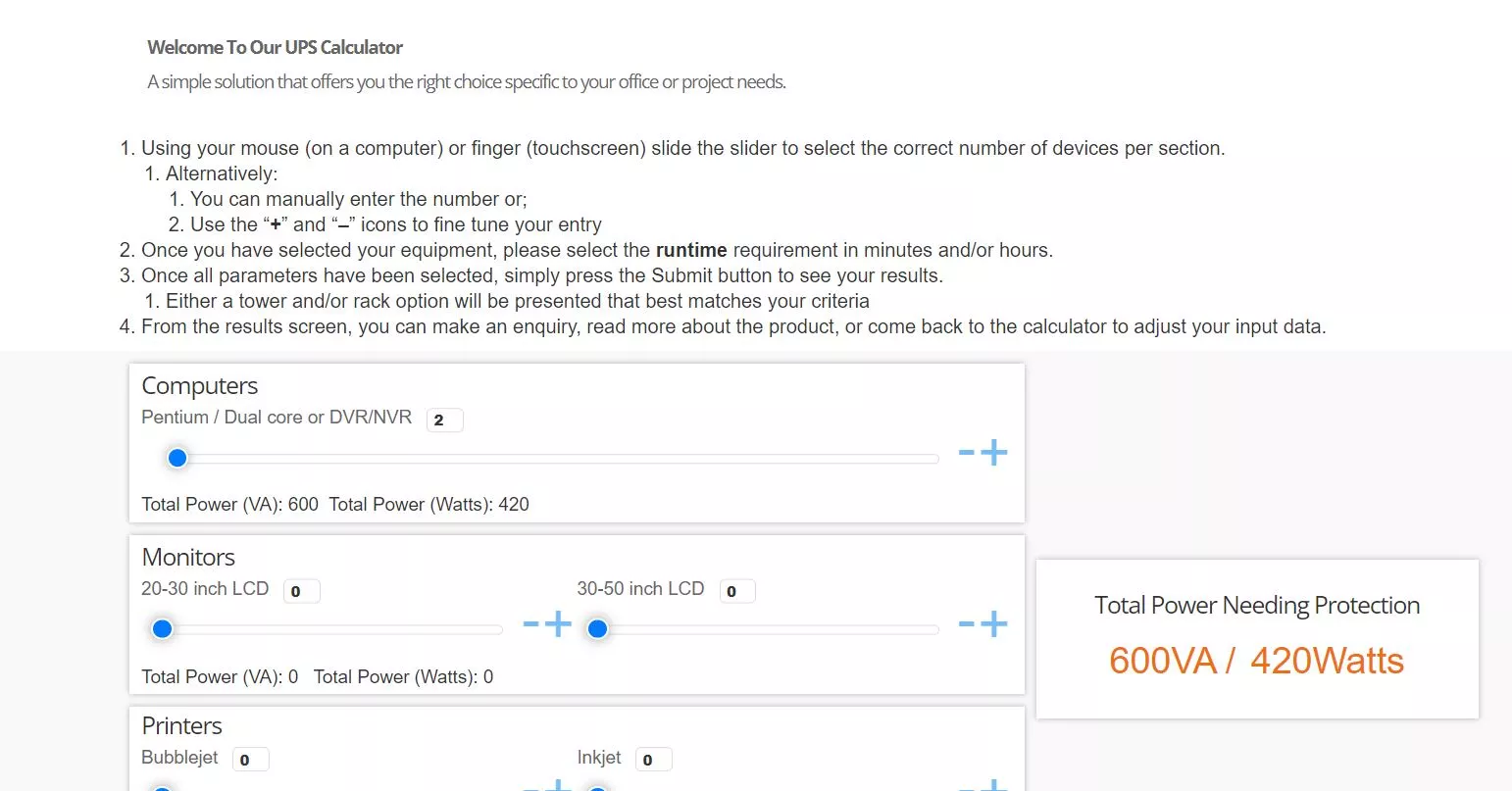“Well, how long is a piece of string?”
How long a battery will last for is the most frequently asked question by customers who are planning to purchase an Uninterruptible Power Supply (UPS) and there are many variables to consider.
The batteries we will be referring to is our standard sealed lead-acid UPS battery that comes with our UPS systems.
Unlike the typical alkaline batteries, the life a UPS battery depends on impacting factors such as environmental conditions, maintenance, and the number of discharge cycles.
The standard life of a UPS battery is three to five years, this is referred as 5-year design life. The design life has been calculated in a controlled lab environment and doesn’t consider adjusting environmental factors. These factors that will affect the life of your battery include:
- Room Temperature
Temperature can alter the performance of a UPS battery and can potentially shorten its expected life span. The optimum temperature to store and utilise a UPS battery is 21°C – 25°C, moving out of this range will influence its batteries life span. The maximum temperature to store and operate a UPS battery in is 40°C.
One of the common causes of over temperature is inadequate ventilation around the UPS. If you are unable to store your UPS in a room with adequate ventilation, we recommend keeping the UPS in a data rack with fans.
- Regular Maintenance
No matter how well-kept your batteries are, they still need to undergo proper maintenance. Neglecting maintenance may cause your UPS batteries to experience improper loading, heat-generating resistance at the terminals, loose connections, premature failure, and reduced protection. We have all our maintenance options available here.
- Cycling
During a power outage the UPS will operate using its own battery power. Once mains power is restored to the UPS, the battery will then get recharged for future use. This process is called a discharge cycle. When the UPS was first installed, the battery’s rated capacity is at a hundred percent. However, each discharge cycle reduces the relative capacity of the battery by a small percentage.
- Battery Chemistry
Unfortunately, UPS batteries are electrochemical devices and are not designed to last a lifetime. Even if your UPS batteries are well-maintained and meet the specific standards for proper storage, your batteries will eventually still run out of power.
- Standard Shelf life
Keeping the above in mind it is always important to consider how long the UPS has been sitting on the shelf since being manufactured, as this would reduce how long the UPS is viable once being used by you. At PSS, we combat this issue by only keeping batteries in our fast-moving products, we source and supply batteries specific to the order on hand for all our larger UPS (3kva and above).
In summary, to get the maximum life span out of your sealed lead acid batteries, it is recommended to follow the above. If you’re currently planning to replace your UPS batteries with new ones, we can service and maintain a wide range of UPS.
https://pssdistributors.com.au/contact/


